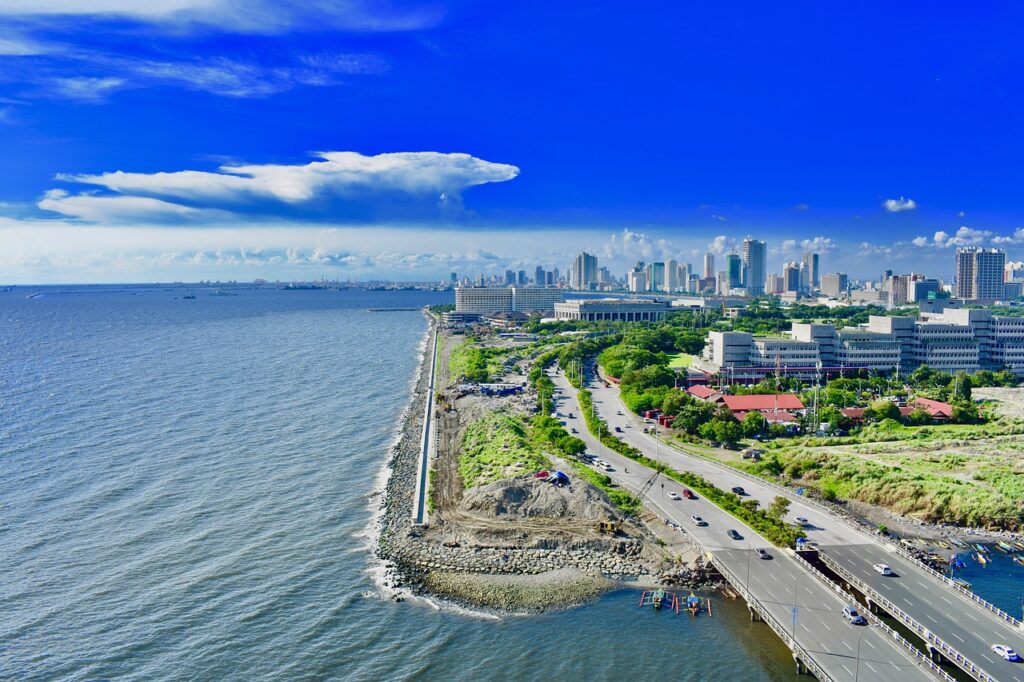If you want to avoid Philippine real estate scams, it starts with using common sense. Something that seems too good to be true is almost always not true. Too many people have thought they were getting an unbelievable deal on a property only to hand someone money and never see them again.
Make no mistake about that. Victims of Philippine property scams rarely get their money back even if the perpetrator is caught and convicted. It’s harsh, but that is the truth.
Don’t wait until it is too late. Here are some common Philippine real estate scams and what you can do to avoid them.
Also Interesting: Philippine developer Anchor Land launches a new real estate investment model
4 common Philippine real estate scams
Don’t trust real estate agents on Facebook
According to Philippine Association of Real Estate Boards Inc. (PAREB), roughly 90 percent of accounts on Facebook posing as real estate agents are not licensed to do so in the Philippines. Common tactics this group uses is to offer potential clients fictitious properties and collect money for them before disappearing.
OFWs and international investors are at the highest risk of being tricked via Facebook. Many scammers come across as professional making it difficult to identify unlicensed brokers digitally or over the phone. The best way is to ask the person you’re speaking to provide proof they are legally allowed to sell properties.
Don’t rush a deposit payment

Another common scam involves a person asking for the initial deposit before letting someone see a property. It is usually explained as a way for them to weed out buyers who aren’t serious. These folks also request to be paid via Bitcoin or another form of online payment which should be a huge red flag. Remember, never pay a deposit until you have seen the place in person.
Look out for fake documents
The fake title is the O.G. of Philippine real estate scams. This sees you buy a property and then given a title that looks the part. Unfortunately, it is not real and will cause headaches when the holder of the genuine one wants to do something with real estate that is lawfully theirs.
It is recommended you have a locally-based attorney take a look at everything before agreeing to any deal. While it may cost extra, it’s far better having peace of mind before you buy than finding out something is wrong after the fact because that will see you spend a lot more money.
Don’t purchase add-ons
This scam is usually run in conjunction with a Facebook agent or fake documents and traditionally involves buying land. The seller of the plot will recommend a contractor who can build a house on the site. However, this company is not real. What happens is that they will provide you with a litany of excuses related to permits before eventually disappearing with your money.
Also Interesting: 4 things foreigners must do before buying a condo in the Philippines
Do this if you think you’re a victim of a Philippine real estate scam
Anyone who suspects that they may be a victim of real estate fraud should immediately contact local authorities who will direct you to the relevant body. It shouldn’t take that long to get the process rolling but you may need to speak with a few different departments.
This next point is the most important one. Do not wait if something seems suspicious. The biggest mistake people make is not reporting fraud to the authorities immediately. The longer you wait, the less likely you are to receive restitution.
Too often, people want to give scammers the benefit of the doubt when they request more time or additional money with no proof as to why it’s needed. Licensed property professionals in the Philippines will never do that. If something is delayed, they can show why and provide a timeframe as to what comes next.
At the end of the day, the first thing you should ask for is proof the person you’re speaking with is a PRC Accredited Real Estate Salesperson. Remember, only these individuals are legally allowed to sell properties.
Keep Reading: Thailand property scams – Here’s how to avoid them

































